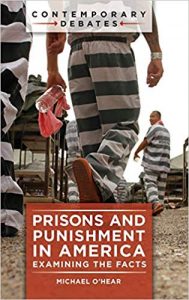How the Basic Journalism of PolitiFact Has Changed the Political Landscape
In 2007, with President George W. Bush’s second term as president coming to an end and Vice President Richard Cheney not aiming to succeed him, open races for both Democratic and Republican nominations for president were developing. Bill Adair thought it was time to bring more fact-checking into American political journalism. Adair, then a Washington-based journalist with the St. Petersburg Times (now the Tampa Bay Times) began a project that the newspaper called Politifact.
The idea took off and, more than a decade later, PolitiFact and other political fact-checking efforts have become an important part of the national journalism landscape. PolitiFact is now an independent non-profit organization. The Milwaukee Journal Sentinel became a partner with PolitiFact in 2010, ahead of the election that year in which Republican Scott Walker defeated Democrat Tom Barrett for governor, and continues to run PolitiFact pieces, with either national or local focuses, almost every day.
In an “On the Issues with Mike Gousha” program Tuesday at Marquette Law School, Angie Drobnic Holan, now the editor of PolitiFact and a part of its team since the start, and Tom Kertscher, who has worked on the Journal Sentinel’s PolitiFact team since its start, described the goals of what they do in terms core journalistic values.

